Improving Outcomes for Early Onset Breast Cancer
For patients diagnosed with early-onset breast cancer getting such a diagnosis can be scary and seem devastating. However, with a team effort by patients and their doctors, there are treatment options that can help treat patients at various ages of diagnosis.
Nearly 11% of breast cancer patients are under 45, and because of their young age, the condition is not found until later stages, which can make it harder to treat. Physicians should be aware of several modifiable risk factors, including weight gain after age 18, physical inactivity, and alcohol consumption. According to the video, there are steps that can be taken to help address these risk factors, including maintaining a healthy weight, exercising regularly, and either eliminating alcohol consumption or limiting it to one drink per day.
There are also some non-modifiable risk factors as well, including a family history of early-onset breast cancer or ovarian cancer, Ashkenazi Jewish patients, people with a family history of genetic mutations like BRCA, or a history of chest radiation treatment. While these risk factors cannot be modified, they can be addressed by doctors, or, in some cases genetic counselors.
Doctors should also remind patients that just because they have these risk factors, it does not mean they will develop breast cancer.
By Adam Hochron
Video Source: Youtube.com
Video Credit: Centers for Disease Control and Prevention (CDC)
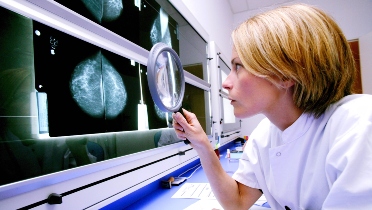
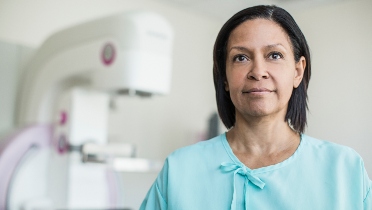


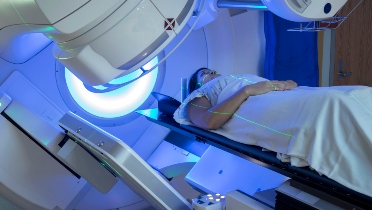


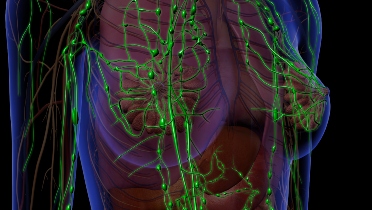

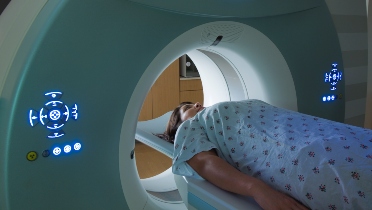

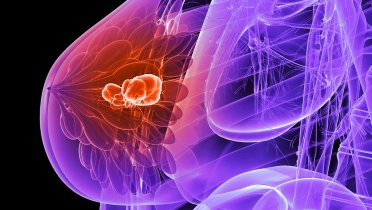
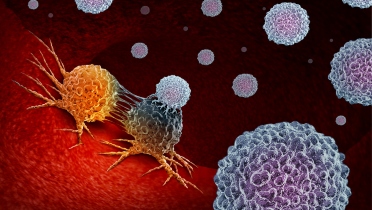

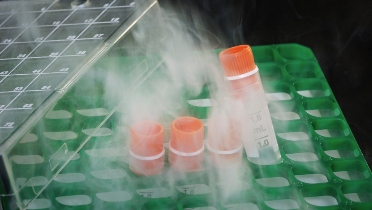
.jpg)


.jpg)
.jpg)
.jpg)

.jpg)
.jpg)
.jpg)
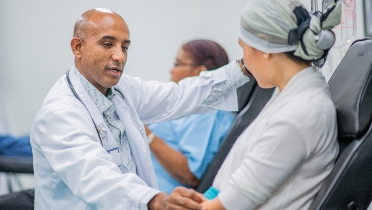


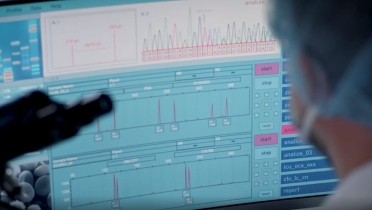
.jpg)
.jpg)
.jpg)
.jpg)

.jpg)
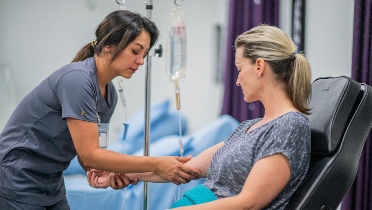
.jpg)
.jpg)
.jpg)
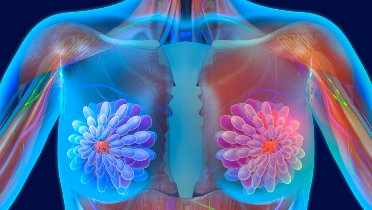
.jpg)
.jpg)

.jpg)
.jpg)

.jpg)
.jpg)
.jpg)
.jpg)
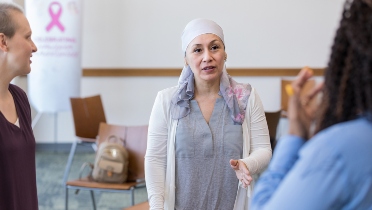
.jpg)


.jpg)
.jpg)

.jpg)
.jpg)
.jpg)
.jpg)
.jpg)


.jpg)
.jpg)
_.jpg)
.jpg)

.jpg)

.jpg)
.jpg)
.jpg)
.jpg)
.jpg)
.jpg)
.jpg)
.jpg)
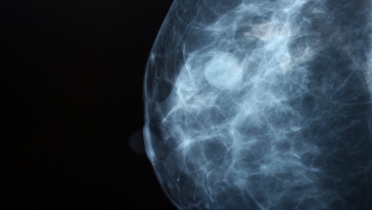
.jpg)
.jpg)
.jpg)

.jpg)
.jpg)
.jpg)
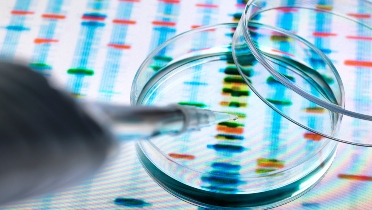
.jpg)
.jpg)
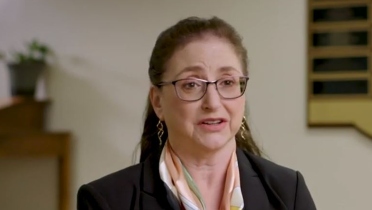
.jpg)
.jpg)
.jpg)
.jpg)

.jpg)
.jpg)
.jpg)
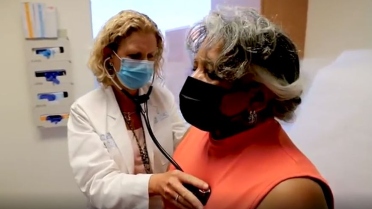
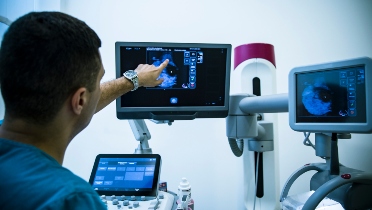
.jpg)
.jpg)
.jpg)
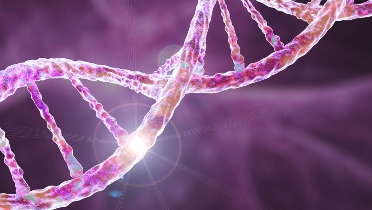
.jpg)
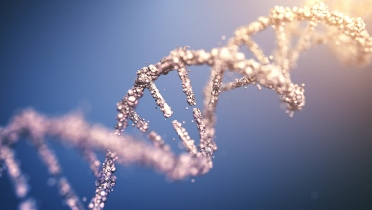
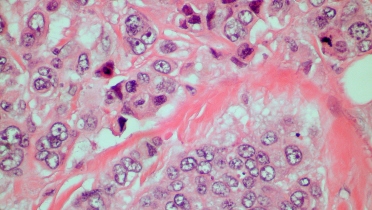
.jpg)
.jpg)
.jpg)
.jpg)
.jpg)
.jpg)
.jpg)
.jpg)
.jpg)
.jpg)
.jpg)
.jpg)
.jpg)


.jpg)
.jpg)
.jpg)
.jpg)
.jpg)
 Featured Breast Cancer Videos
Featured Breast Cancer Videos.jpg)